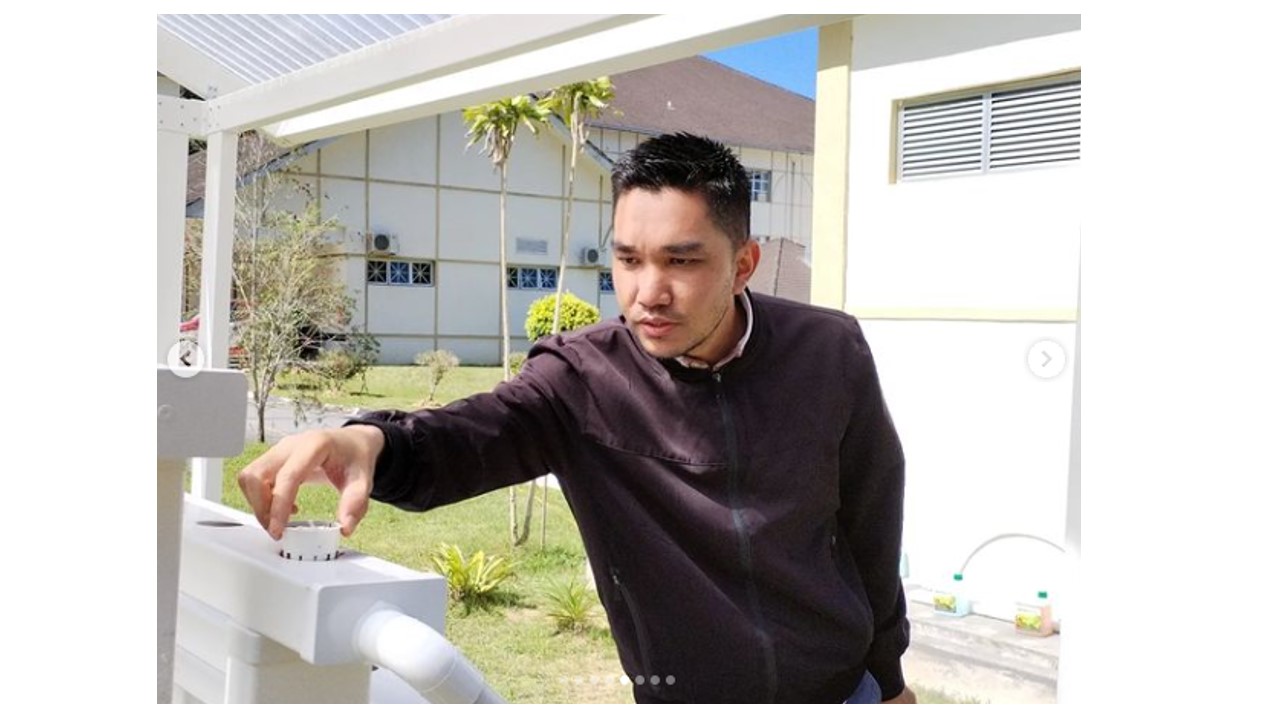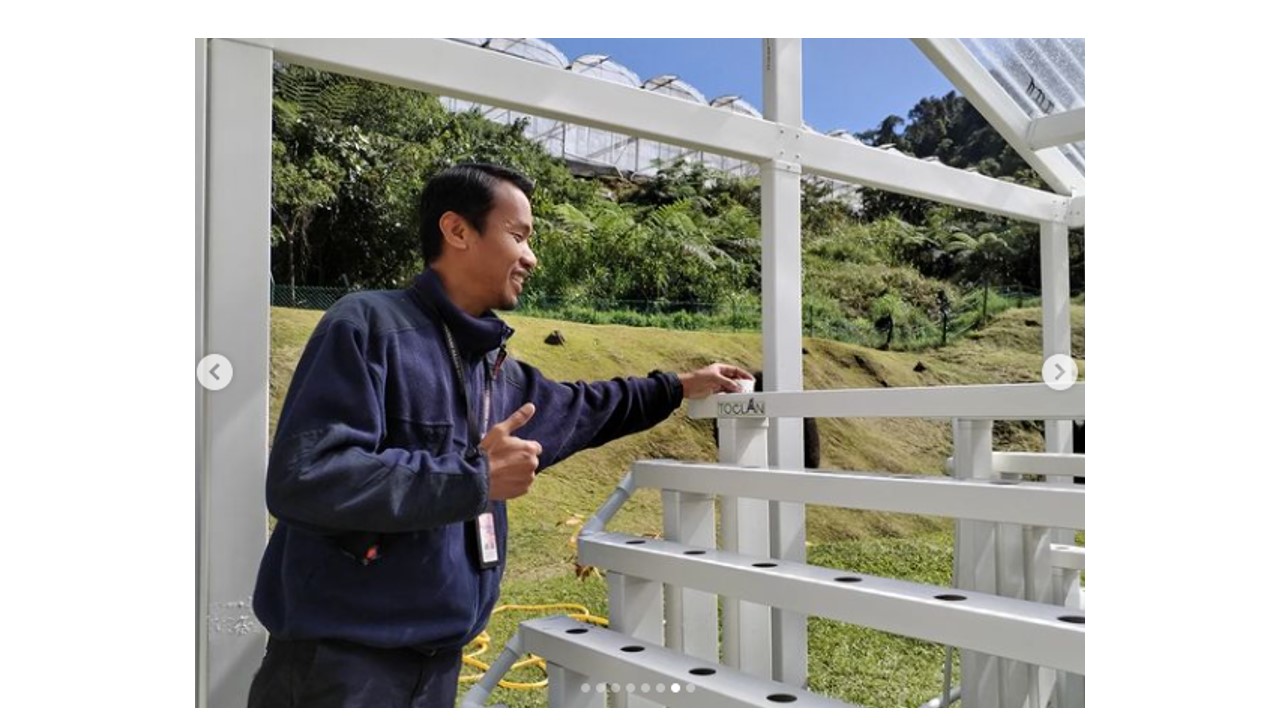Hospital Sultanah Hajjah Kalsom in Cameron Highlands is an important healthcare facility in Malaysia's highland region. Here’s an overview of the hospital and potential collaboration opportunities for Sustainable Development Goals (SDGs) and a workshop on hydroponics with Toclan: Overview of Hospital Sultanah Hajjah Kalsom 1. Facilities and Services: General Healthcare: The hospital provides a range of medical services, including emergency care, outpatient services, inpatient care, and specialized treatments. Specialist Clinics: It may offer specialist clinics in areas such as pediatrics, internal medicine, surgery, and obstetrics and gynecology. Diagnostic Services: Facilities for diagnostic tests such as radiology, laboratory tests, and imaging services are typically available. 2. Community Role: Local Health Needs: Serving the health needs of residents in Cameron Highlands and surrounding areas, the hospital plays a crucial role in providing accessible healthcare. Emergency Services: Given its location, the hospital may also provide emergency services for tourists and visitors to the highlands. Collaboration for Sustainable Development Goals (SDGs) 1. Health and Well-being (SDG 3): Improved Healthcare Services: Collaborations can focus on enhancing the quality and accessibility of healthcare services provided by the hospital. Health Education: Implementing programs to educate the local community on health-related issues, disease prevention, and healthy lifestyles. 2. Clean Water and Sanitation (SDG 6): Water Management: Working on projects to ensure clean water supply and proper sanitation facilities for the hospital and local community. 3. Partnerships for the Goals (SDG 17): Collaborative Projects: Partnering with organizations like Toclan to address specific health or environmental challenges in the Cameron Highlands region. Workshop on Hydroponics with Toclan 1. Purpose of the Workshop: Educational Initiative: The workshop aims to educate participants on hydroponics, a method of growing plants without soil, which can be particularly beneficial in highland areas with limited arable land. Sustainable Agriculture: Demonstrating sustainable farming practices that align with environmental goals and can improve local food security. 2. Potential Collaboration Areas: Training and Education: Collaborating to provide training sessions for hospital staff, local farmers, and community members on hydroponic techniques. Community Projects: Setting up hydroponic systems at the hospital or in nearby communities as part of a broader initiative to promote sustainable agriculture. Research and Development: Working together on research projects to adapt hydroponic systems to the specific conditions of Cameron Highlands, including altitude and climate considerations. 3. Benefits of Hydroponics: Efficient Resource Use: Hydroponics can reduce water usage and improve resource efficiency, which is crucial in areas where water may be scarce. Enhanced Food Security: By growing fresh produce locally, hydroponics can contribute to food security and reduce dependence on external food sources. 4. Outcomes: Skill Development: Participants will gain practical skills in hydroponics, which can lead to increased local food production. Health Benefits: Access to fresh, locally grown produce can contribute to better health and nutrition for the community. Hospital Sultanah Hajjah Kalsom can play a key role in community health and sustainability efforts through collaborations with Toclan. By focusing on SDGs, such as improving healthcare and promoting sustainable agriculture through hydroponics, the partnership can make a significant impact on the well-being of the Cameron Highlands community.






